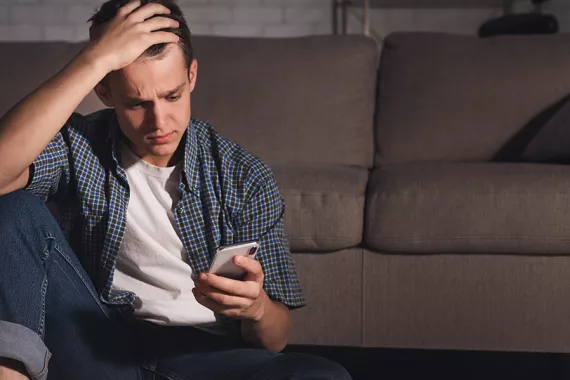Government agencies have reacted to possible harm from Snapchat. Here are some important actions taken by government agencies and elected officials. These actions are not related to the federal MDL.
Florida AG files lawsuit against Snapchat
In a lawsuit filed against Snapchat, Florida Attorney General James Uthmeier accused the social media company of violating a 2024 law. The law, HB 3, is intended to safeguard children from social media platforms with potentially harmful features. One of the provisions includes age limits for account holders, but the Florida lawsuit asserts that Snapchat knowingly allows underage children to start accounts.
The Florida AG argues that this is a violation of the Florida Deceptive and Unfair Trade Practices Act (FDUTPA). The lawsuit was filed in Santa Rosa County state court but later moved to a federal court. In September 2025, attorneys for Florida argued that the court was wrong to reject an injunction to force Snapchat to comply with the law while the case is litigated.
New Mexico sues Snapchat
The state of New Mexico filed a lawsuit against Snapchat in September 2024. Attorney General Raul Torrez alleged that the app’s policies and features don’t protect children from sexual exploitation.
Torrez cited concerns about “sextortion.” In this situation, a Snapchat user coerces a minor to send them sexually explicit images and blackmails the victim with the content.
A judge denied a motion to dismiss the case in April 2025. This allowed the case to move into the discovery phase to gather information to prepare for trial.
New York City files lawsuit accusing Snapchat of gross negligence
In October 2025, New York City filed a lawsuit against Snapchat and other social media companies. The 327-page complaint accuses the company of gross negligence and causing a public nuisance.
Among other allegations, the complaint blames Snapchat and others for an increase in “subway surfing.” This social media trend involves riding the outside of moving subway cars. At least 16 people have died between 2023 and 2025 doing it. The month the city filed its lawsuit, two children, ages twelve and thirteen, died while subway surfing.
Senators pass social media protection bills
In July 2024, the U.S. Senate passed a package of bills to force social media companies to enhance protections for young users and implement more effective parental controls. The Kids Online Safety Act( KOSA) and the Children and Teens’ Online Privacy Protection Act (COPPA) establish mandates that could:
- Add privacy protection for account holders under 17
- Allow parents to erase content as they see fit
- Make social media companies take “reasonable measures” to protect children
- Provide more effective parental controls
- Prevent targeted advertising to children
In 2025, the Senate reintroduced KOSA and COPPA after failing to pass them into law in the previous session.
State attorneys general call for social media protection
In 2022, 44 state attorneys general made a nonpartisan appeal to Snapchat to empower parents to protect their children. The letter expresses concerns about the “Discover” and “For You” sections on Snapchat. These features can allow adults to connect with minors on the platform, which adds to the risk of minors being groomed or exposed to illegal drugs.




